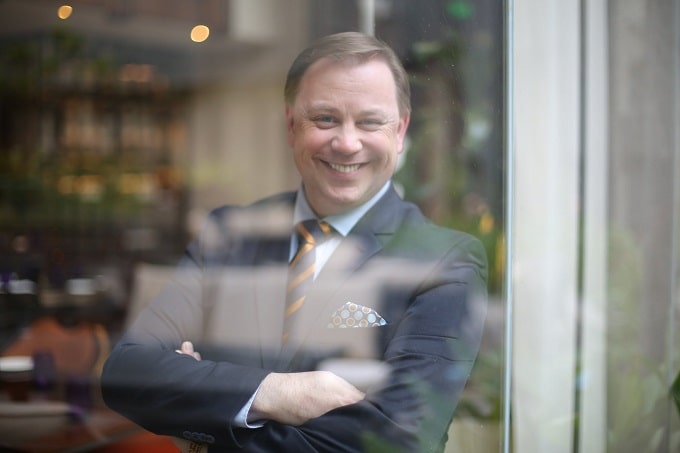Foie gras is the name of a French speciality luxury food made from the liver of either duck or goose.
Foie gras production is banned in several European countries, including the UK.
The French words “foie gras”, literally translated, means “fat liver”. Foie gras is the name of a French speciality luxury food made from the liver of either duck or goose.
In order to produce foie gras, the liver of the duck or goose is abnormally enlarged by means of force feeding. The liver, which often expands up to 6 to 10 times its original size, becomes buttery and smooth, with no remnants of the original bitter flavours. This production method, known as gavage, originated about 4500 years ago, when ancient Egyptians learned that birds could be fattened by means of force feeding. The process entails that a long metal tube is forcibly inserted into the bird’s mouth up to three times a day, with large amounts of food is crammed into its gullet, until the liver becomes so large that it takes up the vast majority of the bird’s body cavity.
Because the practice of force-feeding is widely considered to be unethical, many people have objections to the production and consumption of foie gras. Foie gras production is therefore also banned in several European countries, including the UK. The fattening of birds by force-feeding is a practice protected by law in France, however, as French law states that “Foie gras belongs to the protected cultural and gastronomical heritage of France.”
Interestingly, it is the practice of force-feeding that is also the main reason why foie gras is so expensive, as the process increases feeding and labour costs considerably. Also, ducks and geese take on average two-and-a-half times longer to mature than chickens, for example, implying an extended feeding period. As you can imagine, the ethical debate regarding foie gras also puts pressure on the supply thereof, as new producers are weary of entering into such a controversial market.
It remains a controversial food, with strong opinions both in favour and against it. One thing there’s no debate about however, is the fact that, at around £50 per kilogram, it is one of the world’s most expensive foods.

Paul russell
Paul Russell is co-founder of Luxury Academy London, a multi-national training company with offices in London, Mumbai and Visakhapatnam. Luxury Academy London specialise exclusively in the luxury industry and deliver training in leadership, communication and business etiquette training for companies and private clients across the globe.
Prior to founding Luxury Academy London, Paul worked in senior leadership roles within luxury hospitality. A dynamic trainer and seminar leader, Paul has designed and taught courses, workshops and seminars worldwide on a wide variety of soft skills.